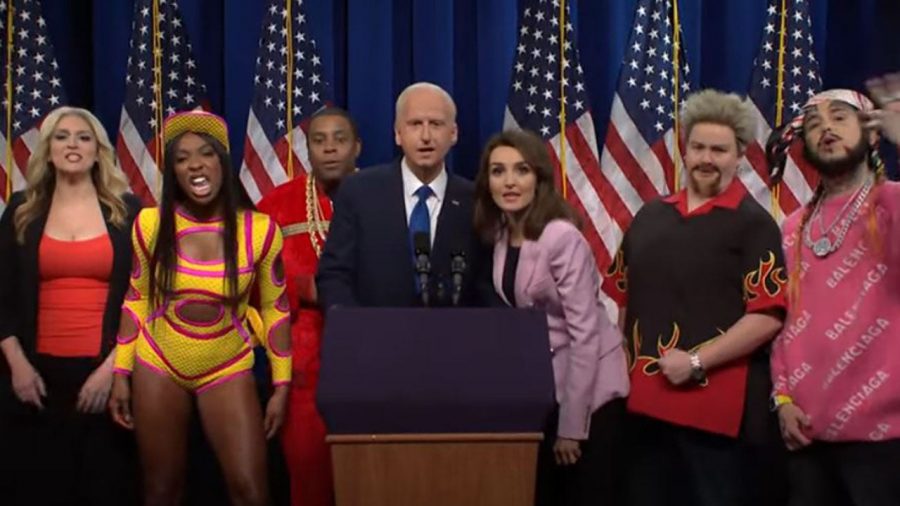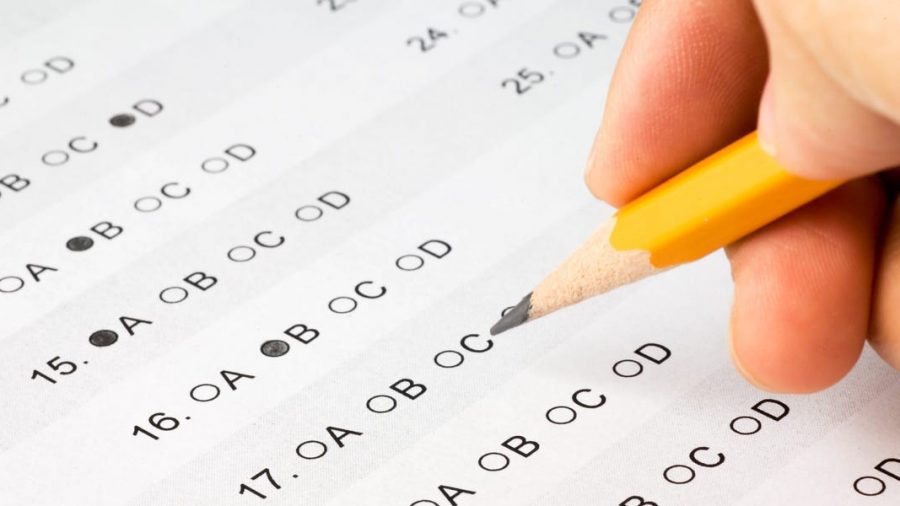On Wednesday, Professor Andrew Delbanco gave the 50th annual Jefferson Lecture in Washington, D.C. hidden caption Billy Delfs for the National Endowment for the Humanities
switch to caption Billy Delfs for the National Endowment for the Humanities (NEH) On Wednesday in Washington, D.C., Professor Andrew Delbanco gave the 50th annual Jefferson Lecture.
For the National Endowment for the Humanities, Billy Delfs (NEH) The 50th annual Jefferson Lecture was presented by the National Endowment for the Humanities on Wednesday.
The professor is chosen annually based on eminent humanities-related intellectual achievement. The highest distinction bestowed by the federal government in the humanities is being chosen to deliver the Jefferson Lecture.
The recipient this year was Andrew Delbanco, head of the Teagle Foundation and Alexander Hamilton Professor of American Studies at Columbia University.
The topic of reparations for slavery in the United States is covered from a variety of angles in Delbanco’s speech, “The Question of Reparations: Our Past, Our Present, Our Future.”
He appeared on All Things Considered to talk about the history and the future of reparations in the United States.
For length and clarity, this interview has been gently modified.
Why the issue of reparations seems to be getting more attention lately
The idea sort of moved into the mainstream and became something that people were willing to take seriously and not regard as an eccentric or crackpot idea after the Second World War, when Germany made an effort to come to terms with its own recent history and agreed to pay some reparations to some Jewish families after the Holocaust.
Since then, it has been on and off repeatedly. Serious individuals have argued in favor of reparations and against them in large numbers. Right now, in large part because of a passionate essay written by Ta-Nehisi Coates and released over ten years ago, we’re in a particularly active period. The reparations discussion is therefore becoming more heated, and I believe it is crucial for our country to have.
On why he thinks everyone has a duty to assist with reparations despite the fact that they did not establish the system
I believe that if we give it any attention, we all have an innate understanding of this. No one should be held accountable for the sins of the fathers, as the Bible says. And yet, the world in which we live has been harmed by the past. And I believe it is our duty to do what we can to mend the world.
Therefore, it is a paradoxical situation because, on the one hand, the past is in the past and ought to have no bearing on us as individual moral agents in the present. On the other hand, those who have been harmed by history and we both live in the world that we have inherited. So, it’s a challenging moral dilemma. It’s a challenge that authors and philosophers have debated for ages. And we won’t ever find a simple, unambiguous solution to it. But I believe that the sheer fact that we’re talking about it is a clue of where we might go as a society.
Regarding the more contemporary aspects of reparation that he thinks ought to be addressed
We tend to start with the things we can quantify, like the fact that African Americans were without property for 200 years, including themselves.
Slavery, by definition, meant that they were unable to even own themselves. This is where the entire conversation begins. But as you point out, that happened a long time ago. You know, that’s ancient history, is one response to the urge for reparations. A lot of time has passed, there is water under the bridge, etc.
The fact is that the quantifiable disadvantages persisted long after slavery ended—well into the 20th century—when Black Americans were excluded—possibly not intentionally but still routinely. They were not covered by the Social Security Act, which also did not cover the vast majority of Black domestic and agricultural employees, particularly in the South. And even from the G.I. Bill, which in theory was available to everyone, including women, but which only a small number of Black people could utilize because the majority of universities wouldn’t accept them.
WORLD We also know that banks drew boundaries around areas and declared that Black people were not welcome when it came to mortgages that were backed by the federal government. So it’s not too difficult to conceptualize that succession of quantifiable larcenies, as I suppose I should call it. It’s difficult to understand. However, we are able to interpret and list them.
Regarding the effects that cannot be quantified
When I read about the less tangible harms associated with Jim Crow in history books, novels, or memoirs, I continue to find them to be mind-boggling. I’m talking about Black individuals being shoved off the sidewalk, particularly Black men, when a white woman passes by.
Children are informed they cannot visit the neighborhood water park, swimming pool, or beach because the color of their skin is objectionable to other people who will be on that beach, as Dr. King so movingly described.
Not to mention that Black Americans continued to face the threat of random beatings and lynchings far into the 20th century.
The effect that was had cannot be measured.
Regarding assigning a monetary value to many of these immaterial ideas
We can’t, in my opinion. There have been attempts, and numerous plans for providing financial rewards to all people who are perceived as Black have been offered in numbers ranging from the hundreds to the millions to the billions and trillions, according to some analysts.
Others disagree, arguing that access should be limited to anyone who can substantiate ancestry in slavery.
I don’t believe it is the best course of action, and I am aware that many people will find this point of view offensive and upsetting. Nevertheless, that should be discussed as well. In my opinion, acknowledging that many Americans have been harmed by history, particularly Black Americans who can convincingly argue that they are at the front of that line, is the most sane and logical solution to this problem. However, a large number of people may identify hardships that were imposed on their family or on themselves due to racial prejudice as well as other factors.
BOOKS What we need to do, and I take my cue from a great person, from the past, that is Dr. King, and from a young scholar, Olofmi O. Táw, who teaches at Georgetown University, speaks of reparations as what Professor Táw calls, “A construction project,” a future-oriented reconstruction of our society to make it a fairer place. to make sure that future instances of the kinds of exploitation that Black people and many other groups have had to endure over many decades and centuries be minimized.
And you can imagine the kinds of laws that someone holding this viewpoint would envision, providing schoolchildren with wraparound services of the kind that wealthy families take for granted. Increasing access to high-quality healthcare in an effort to close the alarming gaps in newborn, mother, and childhood mortality as well as many other perinatal outcomes. Additionally, there are other additional areas in which Black Americans still lag behind, including improved possibilities for post-secondary education.
Manuela Lopez Restrepo modified this interview for the web.














